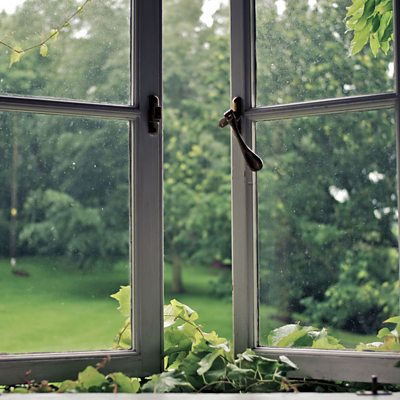Episode details

Available for over a year
As we move into the autumn, my mind goes back to a bitingly cold evening in early 1985. I was walking down Victoria Street in London with Cardinal Basil Hume, then Archbishop of Westminster. In almost every doorway we saw figures huddled on the ground, wrapped in cardboard boxes or tatty sleeping bags. Cardinal Hume paused and said quietly: тPeople have no shame. The word тshameт has disappeared from our vocabulary.т He was not for a moment putting any shame on the people sleeping on the streets. For him, shame lay with the entire city and country. And he understood shame as a point on the moral compass, directing us towards constructive action rather than passive complicity in social injustice. 40 years on, to all our shame, people are still sleeping in doorways, but a distorted concept of тshamingт has become part of the vocabulary. Victims are often perceived as fair game. On social media people even undergo тbody shamingт for failing to measure up to some kind of physical ideal. That might seem trivial, but it is revealing of the world we live in. By leaping onto bandwagons and proclaiming тShame on youт, we do little good for ourselves or anybody else. We need to rediscover shame, defining it not in terms of humiliation, but as a call to conscience, an assertion of shared humanity. If we are shocked by something we have never previously recognised as our responsibility, we need to think тShame on meт and to set about playing our part. Shame reminds us that we are not always what we are meant to be. It steers us towards the compassion and justice that the world still so desperately needs ... Modern slavery is at an all-time high, a global big business often hidden in plain sight ... Democracy is increasingly threatened ... Climate change endangers livelihoods and lives тІ Food security remains elusive for many тІ Tensions arise as people cross borders in their sometimes desperate search for a better life ... If any of this gives us cause for shame, it proves that shame is not a relic of the past, but a moral imperative for the present and future. Our society values self-assertion to a point where bravado, even shamelessness, is sometimes prized as bravery. But we can all give proof of bravery if we acknowledge any shame we feel, and, beyond that, if we commit to remedying its cause. And if this means that we no longer pass by on the proverbial other side, there really is no shame in feeling shame.
Programme Website